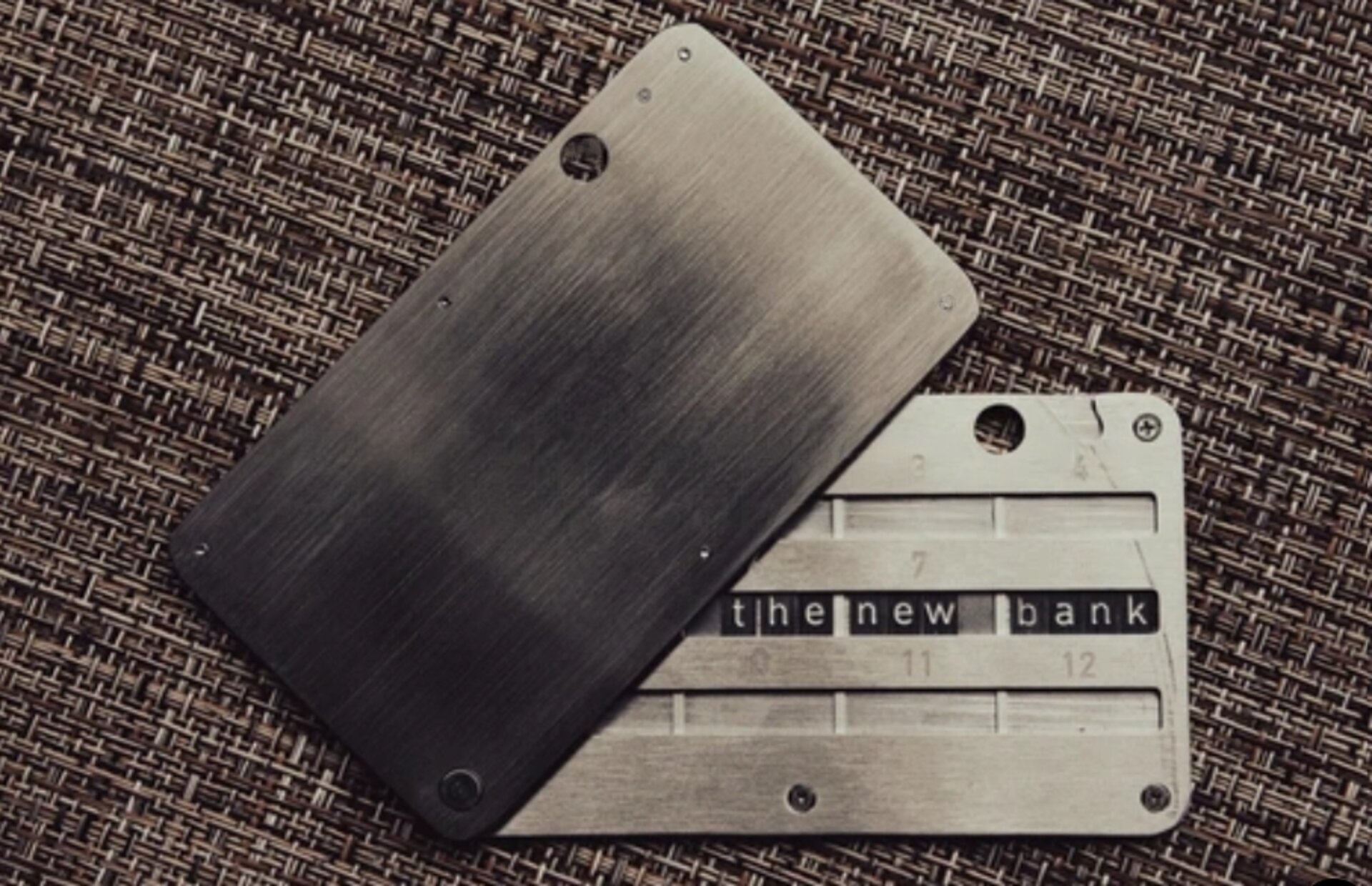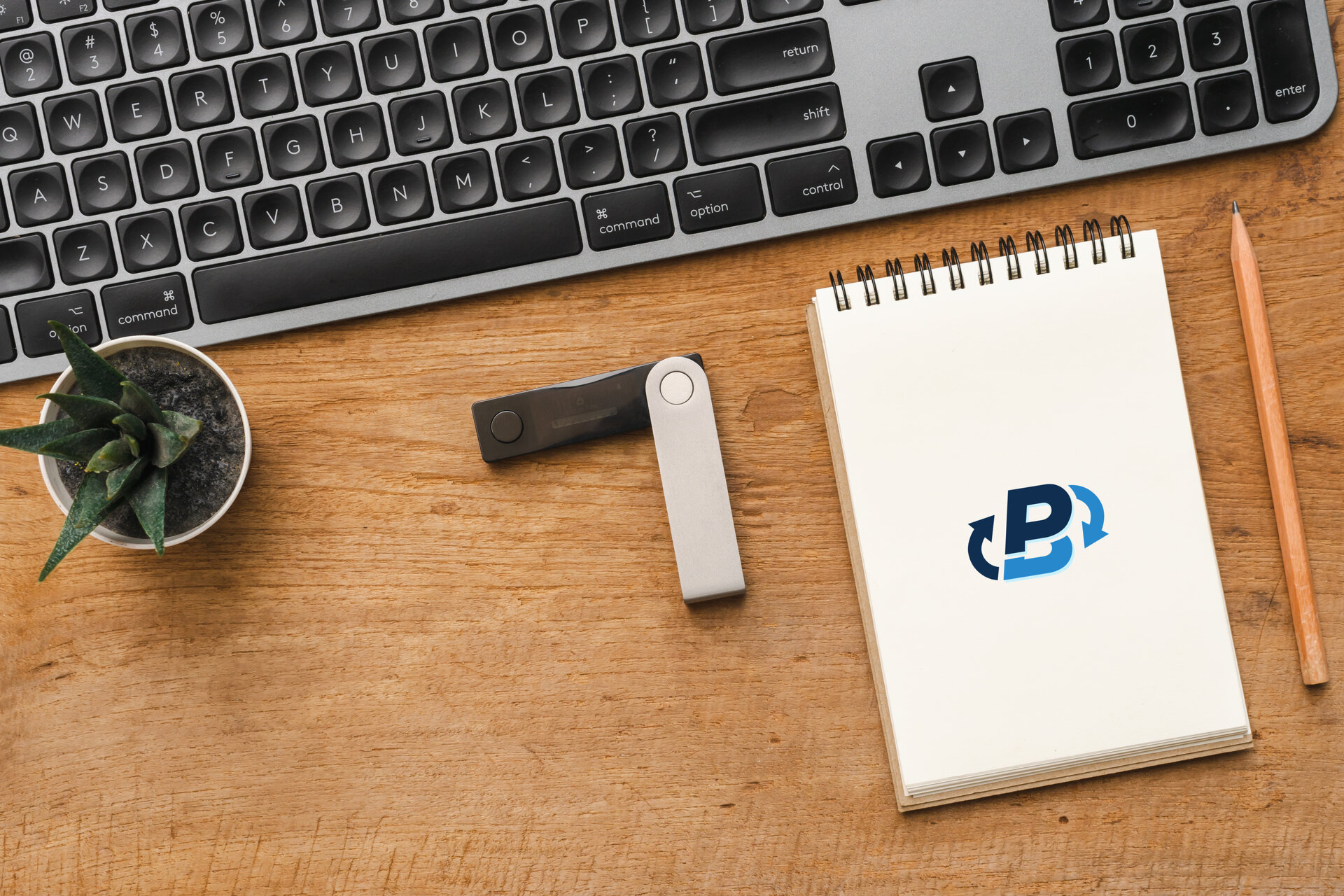The Ledger Recovery Feature Raises Concerns
The recent introduction of Ledger's seed phrase backup product, Ledger Recover, has ignited a wave of uncertainty among users who must now question their trust in the company. Ledger's decision to involve a third party in managing seed phrases has opened the door to potential exploits that could attract government surveillance and hackers. In a realm where self-custody and security are paramount, users are left to determine if they can rely on Ledger's commitment to safeguarding their private keys.
1. The Importance of Self-Custody and Hardware Wallets: Ledger, a renowned hardware wallet manufacturer, has built its reputation on offering secure storage for users' private keys. Hardware wallets provide a cold storage solution, keeping keys offline and offering enhanced security compared to online wallets.
2. Ledger Recover and the Centralization Concern: Ledger's recent rollout of Ledger Recover, a seed phrase backup service, has sparked a debate among users. Introducing a third party in the process introduces a centralized control point, potentially creating a single point of failure susceptible to exploitation by hackers or regulatory action.
3. The Dilemma of Appealing to Different User Groups: Ledger's efforts to expand its user base beyond the OG and cypherpunk communities have led to mixed reactions. While aiming to cater to a broader audience, Ledger's attempt to serve crypto self-custody enthusiasts and newcomers may have compromised its product integrity.

4. Lack of Transparency and Trust: Ledger's communications surrounding the rollout have been criticized, leading users to question their understanding of the device's functionalities. Users must rely on Ledger's firmware updates for security measures, even though distinguishing between legitimate and malicious updates may be challenging for non-coders.
5. The Need for Open Source and Community Audits: Ledger's reluctance to open-source its software and hardware raises concerns among the community. Calls for increased transparency and the involvement of security researchers in conducting audits to ensure the integrity of Ledger's products and protect users' seed phrases.
6. Exploring Alternative Options: While Ledger remains a trusted company for many, considering open-source hardware wallets and exploring competing developers' offerings provides additional avenues for cautious users. Balancing the desire for interoperability with emerging blockchains and the need for enhanced security becomes crucial in evaluating alternative options.
Conclusion: Ledger's recent implementation of the Ledger Recovery feature has prompted users to reevaluate their trust in the company's commitment to privacy and security. Introducing a third party and the lack of transparency surrounding the product raise valid concerns. As users navigate the landscape of hardware wallets and self-custody solutions, they must consider the trade-offs between convenience, security, and the ethos of open-source alternatives. Vigilance and openness to evolving options will be key in safeguarding one's assets in the crypto realm.







